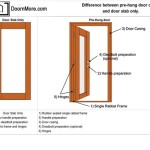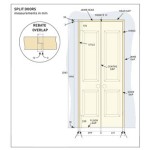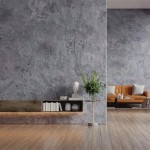Crafting a Compelling Interior Design Philosophy Statement: Essential Aspects
An interior design philosophy statement serves as a foundational pillar of an interior designer's practice, articulating their approach to their craft and guiding their design decisions. It encapsulates the designer's values, beliefs, and unique perspective on the art of creating spaces.
Crafting a compelling philosophy statement requires careful consideration of several essential aspects that will shape its character and impact:
1. Personal Values and Beliefs
Your philosophy statement should reflect your personal values and beliefs as they relate to design. This may include your thoughts on sustainability, functionality, aesthetics, or any other aspect that drives your passion for design.
2. Design Principles and Aesthetics
Your statement should articulate your design principles and the aesthetics that guide your work. Whether you subscribe to minimalism, maximalism, biophilic design, or a blend of styles, clearly express your approach to creating visually pleasing and functional spaces.
3. Client-Centric Approach
Highlight your commitment to client-centric design, emphasizing that your focus is on understanding and meeting their needs and aspirations. Explain how you approach the design process collaboratively, respecting their vision while bringing your expertise to the table.
4. Sustainability and Environmental Responsibility
If sustainability and environmental responsibility are important to you, incorporate them into your statement. Discuss your approach to incorporating sustainable materials, reducing carbon footprint, and creating spaces that promote well-being.
5. Innovation and Originality
Showcase your dedication to innovation and originality in your work. Explain how you challenge the status quo and strive to push the boundaries of interior design through unique concepts and fresh perspectives.
6. Collaboration and Team Spirit
If you value collaboration and believe in the power of teamwork, mention it in your statement. Highlight your ability to work effectively with clients, other designers, and contractors to achieve exceptional results.
7. Statement Structure and Language
Craft your statement in clear, concise, and articulate language. Use descriptive and evocative words to capture the essence of your design philosophy. Keep it brief and to the point, typically within 100 to 150 words.
Remember that your interior design philosophy statement is a living document that can evolve over time as your practice and perspectives change. Periodically revisit and update it to ensure it remains an authentic reflection of your ongoing design journey.

Picking Out Guiding Principles

What Is A Design Philosophy How To Create One Uizard

How Do I Come Up With My Design Philosophy Best Kept Secret

Interior Design Personal Statement Examples Sample

How Do I Come Up With My Design Philosophy Best Kept Secret

Arki Thesis Blues The Difference Between Concept And Philosophy Archian Speaks About Life Relationships

Interior Design Principles That The Pros Don T Talk About Worthing Court Diy Home Decor Made Easy

Interior Design Concepts Development Examples And More Alisha Taylor

Interior Design Concepts Development Examples And More Alisha Taylor

5 Design Philosophies You Need To Know Justinmind
Related Posts








